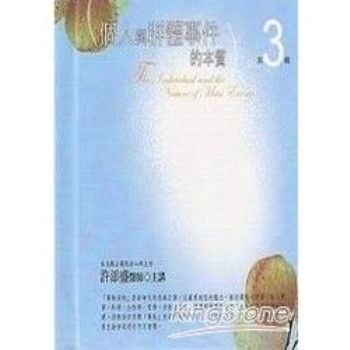Kleine posttranslational modifizierte Peptide nehmen eine bedeutende Rolle in der Pflanzenentwicklung und dem Wachstum ein. Sie werden als inaktive Vorläuferproteine synthetisiert und durch mehrere posttranslationale Modifikationen gereift. Zu diesen Modifikationen zählen die Prolin-Hydroxylierung, Glykosylierung, Tyrosin-Sulfatierung und proteolytische Prozessierungen. Neueste Erkenntnisse haben auch wichtige Rollen für Peptide in der pflanzlichen Stressantwort aufgedeckt. Pflanzen sind aufgrund ihrer sessilen Lebensweise abiotischem und biotischem Stress ausgesetzt und müssen die Waage zwischen Stressantwort und Wachstum balancieren um zu überleben. Due to the phenomenon of climate change and thus altered environmental conditions for plants, the understanding of the plant’s stress responses is moving into the focus of vast scientific studies. These responses are triggered by abiotic stresses such as salinity, drought, and heat, or biotic stresses, for instance, caused by insects, fungi, or bacteria. The plant stress response involves a delicate balance between growth and stress defense/tolerance, ultimately influencing the plant’s fitness and survival.
| FindBook |
有 1 項符合
Regulation of stress responses by sulfated peptides in Arabidopsis的圖書 |
 |
Regulation of stress responses by sulfated peptides in Arabidopsis 作者:Bühler 出版社:Cuvillier 出版日期:2024-01-30 語言:英文 規格:平裝 / 192頁 / 21.01 x 14.81 x 1.04 cm / 普通級/ 初版 |
| 圖書館借閱 |
| 國家圖書館 | 全國圖書書目資訊網 | 國立公共資訊圖書館 | 電子書服務平台 | MetaCat 跨館整合查詢 |
| 臺北市立圖書館 | 新北市立圖書館 | 基隆市公共圖書館 | 桃園市立圖書館 | 新竹縣公共圖書館 |
| 苗栗縣立圖書館 | 臺中市立圖書館 | 彰化縣公共圖書館 | 南投縣文化局 | 雲林縣公共圖書館 |
| 嘉義縣圖書館 | 臺南市立圖書館 | 高雄市立圖書館 | 屏東縣公共圖書館 | 宜蘭縣公共圖書館 |
| 花蓮縣文化局 | 臺東縣文化處 |
|
|
圖書介紹 - 資料來源:博客來 評分:
圖書名稱:Regulation of stress responses by sulfated peptides in Arabidopsis
|











